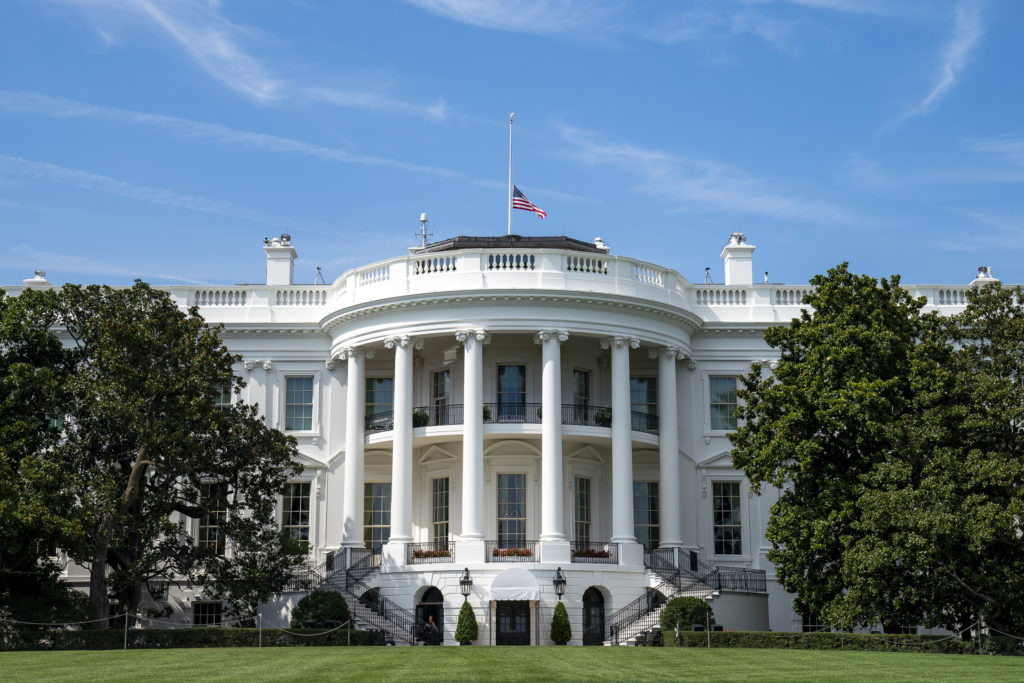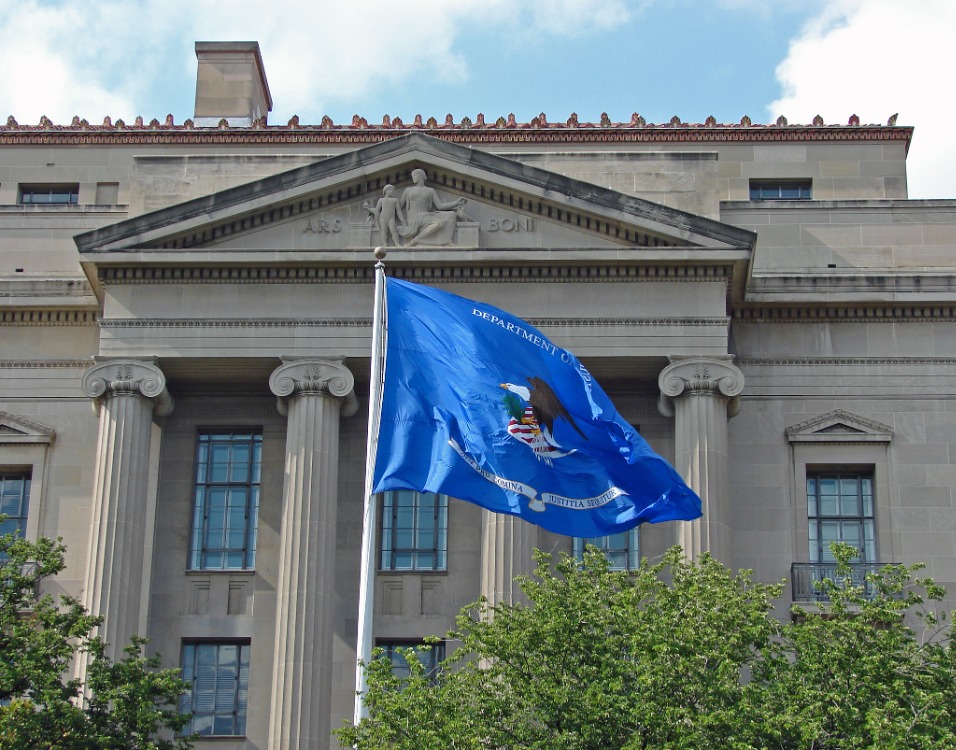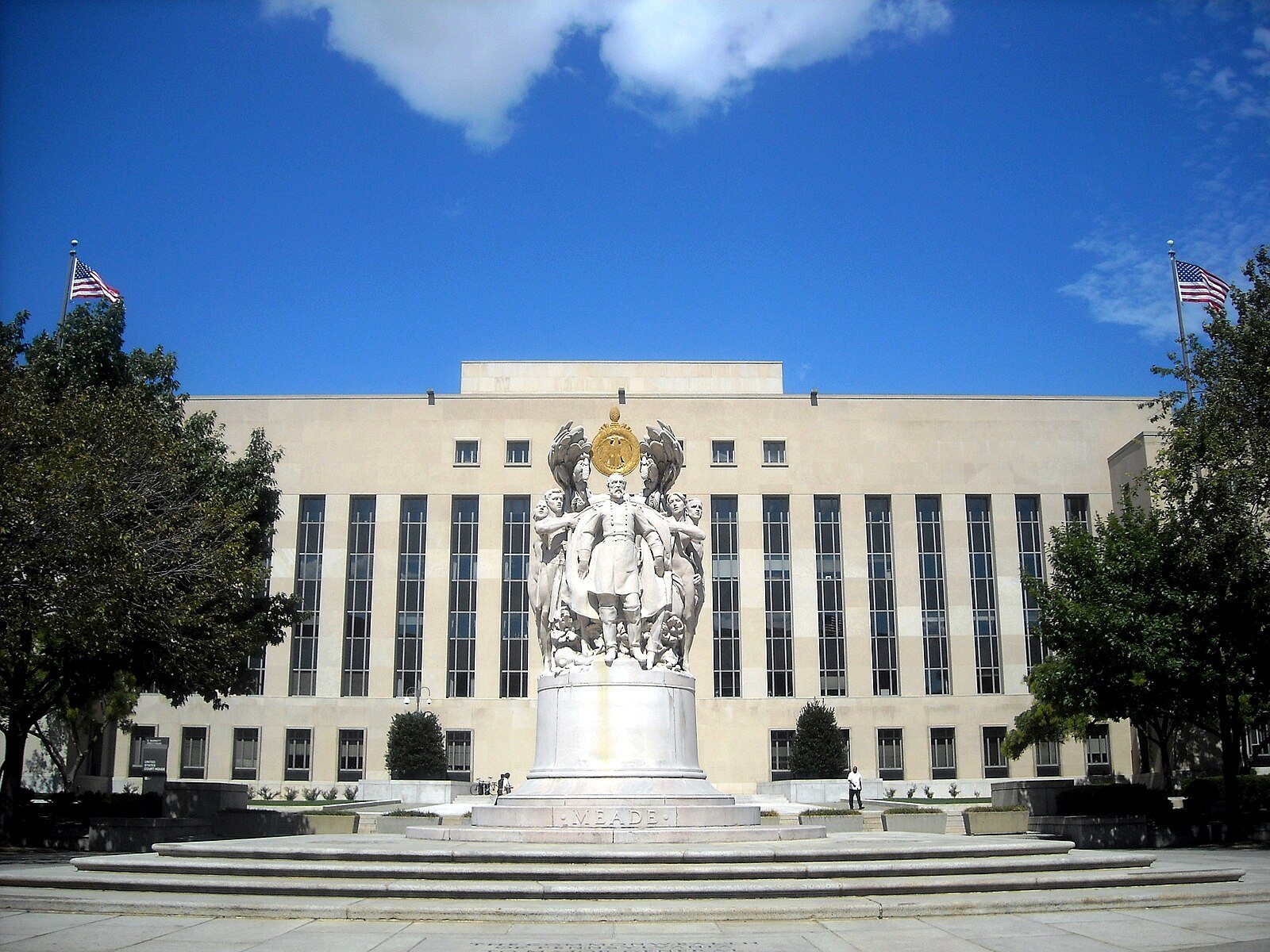Chutkan Denies Trump’s Motions to Dismiss
Published by The Lawfare Institute
in Cooperation With

On Dec. 1, U.S. District Judge Tanya S. Chutkan denied former President Donald Trump’s motions to dismiss the government’s charges against him in the Jan. 6 case on the grounds of presidential immunity and other constitutional bases.
Chutkan rejected Trump’s assertion in his Oct. 5 motion to dismiss on presidential immunity grounds that the Constitution provides “absolute immunity from criminal prosecution for actions performed within the ‘outer perimeter’ of his official responsibility” while president. According to Chutkan, the immunities that protect sitting presidents from criminal liability do not apply once a president is no longer in office.
Trump’s Oct. 23 motion to dismiss on constitutional grounds invoked three purported constitutional protections: the First Amendment, the prohibition against double jeopardy in the Fifth Amendment, and the Fifth Amendment’s due process clause. Chutkan determined that First Amendment free speech protections do not apply to speech that is part of a crime, and therefore Trump’s relevant speech was not protected—assuming the truth of the facts set forth in the indictment. Regarding Trump’s argument that he was already acquitted for his Jan.6-related actions under the impeachment clause, Chutkan asserted that “neither traditional double jeopardy principles nor the Impeachment Judgment Clause provide that a prosecution following impeachment acquittal violates double jeopardy.” And Chutkan rejected Trump’s due process claim on the basis that the laws Trump is accused of violating “plainly forbid[]” Trump’s alleged conduct.
Trump has also filed motions to dismiss the Jan. 6 case on statutory grounds and for “selective and vindictive prosecution,” but Chutkan has yet to rule on those motions.
You can read the order here or below:





